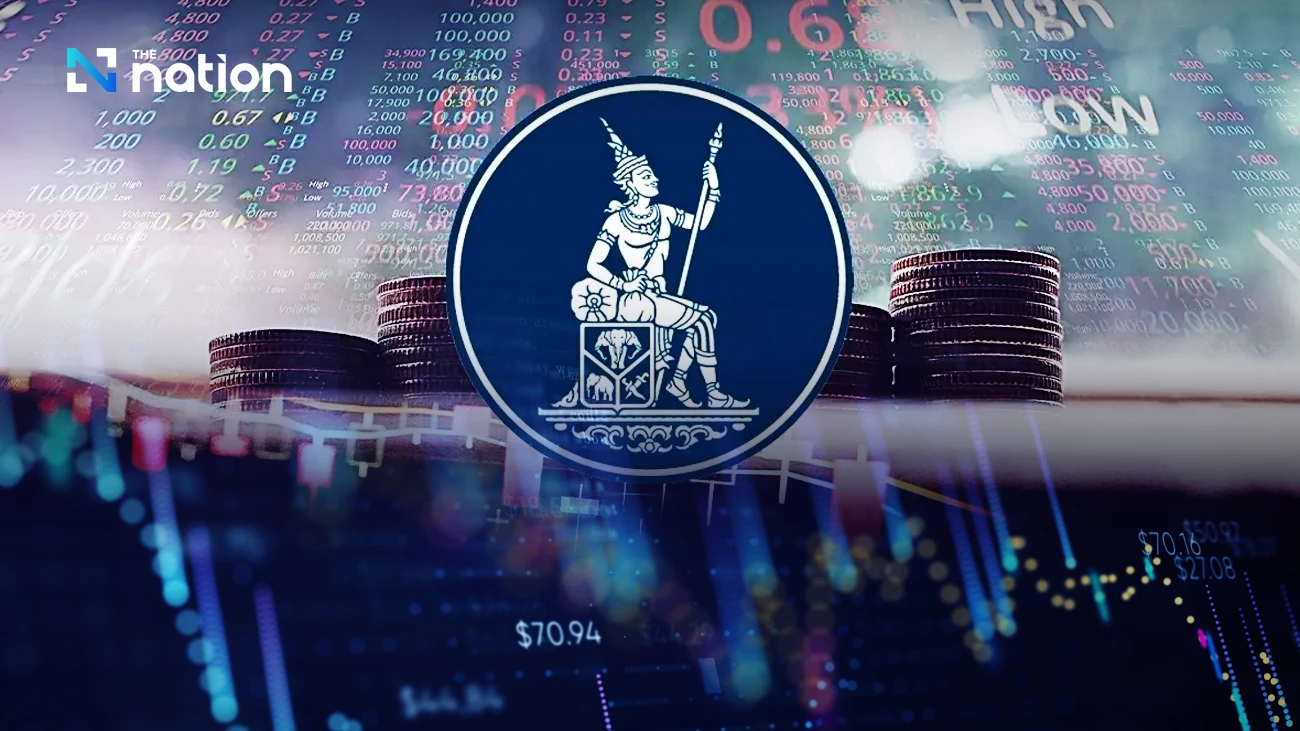Concerns Over SME and Housing Loan Quality
The MPC also expressed concern over the quality of loans, noting that there has been a continuous contraction in overall credit for 3–4 quarters. Special attention is needed for SME loans and housing loans.
Particularly for SME loans, there has been an increase in NPLs due to rising credit risk within the sector.
Furthermore, a decrease in loan demand has been identified as another key factor contributing to the contraction of overall credit. Many businesses are uncertain about production due to a lack of orders.
In addition, the rising economic uncertainty has led to an increase in loan repayments by both individuals and businesses. While new lending has risen, the higher repayments have caused a net contraction in total credit.
MPC Closely Monitoring 3 Key Factors
The MPC is closely monitoring three important factors:
1. Credit growth and quality, particularly how banks are managing lending practices in line with the economic situation.
2. The impact of the trade war: While the assumptions are based on optimistic trade negotiations and moderate tariffs, the MPC will continue to monitor whether these negotiations ultimately lead to positive or negative results, as well as any escalation in the trade war.
3. Geopolitical risks and domestic factors: A key risk is the potential for rising oil prices due to conflict in the Middle East. Should the Strait of Hormuz be blocked, there is a risk that oil prices could surge, contributing to higher inflation due to supply-side factors. However, this does not necessarily mean that the Bank of Thailand (BOT) would immediately raise interest rates.
Political risk is another factor the BOT considers, but it has not been included in the current assumptions due to its high uncertainty. A major impact of any political change could be delays in the national budget, similar to the situation in 2023, which could negatively affect GDP.
Therefore, the GDP forecast may change, and the effects on confidence and investment have not yet been factored into this estimate.
Financial Group to Revise GDP Growth Down to 1.6%
Pipat Luengnaruemitchai, Chief Economist at Kiatnakin Phatra Financial Group, stated that the GDP growth forecast for 2025 is being revised down from 1.7% to 1.6%, reflecting increased economic uncertainty and challenges.
Two key factors contributing to this revision are the sluggish export sector and weak tourism. While exports grew by 18%, much of this growth was driven by efforts to avoid tariffs, and imports expanded at a similar rate, resulting in a trade surplus of only $1 billion.
The manufacturing sector has also been lackluster, with GDP for Q1 2025 showing 13% export growth, but manufacturing grew only 0.6%. This suggests that production capacity has not increased significantly, despite growth in Q2. The sustainability of this growth remains uncertain.
Amonthep Chawla, Assistant Managing Director and Head of Research at CIMB Thai Bank, added that although the BOT has raised its GDP forecast, it is important not to become overly optimistic.
While the economy may slow in the coming period, it is not at risk of entering a technical recession. Political factors and the national budget are expected to support the economy and prevent it from stagnating, he added.
Stronger Baht after BOT Holds Interest Rate at 1.75%
Kanchana Chokpaisansilp, Head of Research at Kasikorn Research Centre, reported that the Thai baht closed at 32.62 baht per dollar on June 25, 2025, strengthening from the previous day’s close of 32.67 baht per dollar. This appreciation followed the trend of other Asian currencies and a recovery in risk sentiment.
The US dollar, on the other hand, faced pressure after reports emerged of a ceasefire agreement between Israel and Iran.
The BOT decided to maintain its 1.75% interest rate, in line with market expectations, which had little immediate effect on the baht’s movements later in the day.
Regarding fund flows, despite foreign investors purchasing 2.65-billion-baht worth of Thai stocks, they were net sellers of Thai bonds, with net sales of 2.49 billion baht. The baht’s trading range for June 26 is forecasted to be between 32.45 and 32.70 baht per dollar.
‘Wall Street Journal’ Highlights Interest Rate Hold Amid Risk Factors
The Wall Street Journal (WSJ) reported that the MPC decided to keep the policy interest rate unchanged, temporarily halting rate cuts, despite internal political tensions flaring up again and ongoing external uncertainties.
The outcome of the meeting aligns with a survey of seven out of eleven economists, as reported by WSJ, who anticipated that the MPC would hold interest rates steady, even as Thailand’s economy faces sluggish growth and inflation.
“Thailand’s macroeconomic fundamentals support a continued accommodative monetary policy from the Bank of Thailand, even with the recent political unrest,” said Krystal Tan, an economist from ANZ Bank in her latest note.
The WSJ also noted that Thailand is grappling with a new wave of political turmoil, with key members of the ruling coalition resigning, leaving Prime Minister Paetongtarn Shinawatra’s position hanging by a thread.
